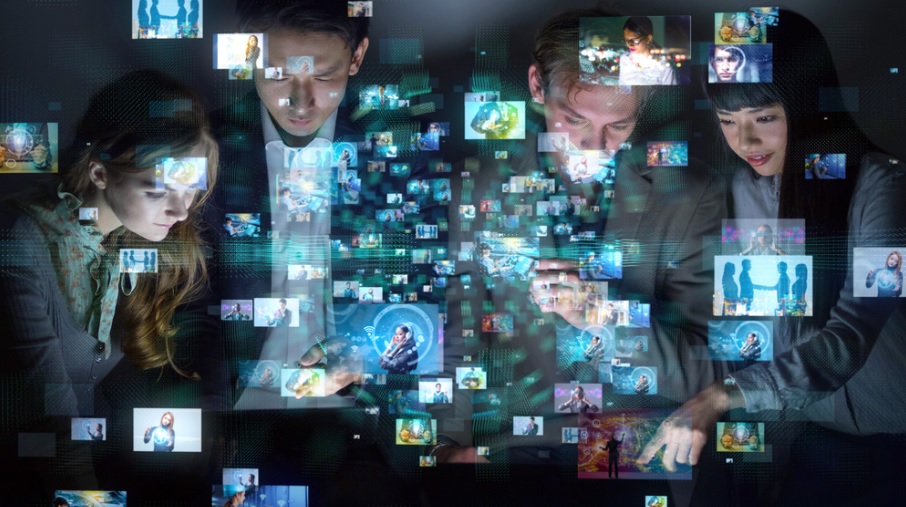Internet of Things
Smart homes and the Internet of Things sound like the stuff of science fiction movies, but following worldwide Christmas sales of internet connected home assistants, smart TVs and smart utility meters, millions of homes are now connected. However, the manufacturers’ vision of a home full of connected products remains some way off, with consumers preferring to buy one internet connected item at a time.

2019 may see brands trying to persuade us to invest in bundles of connected, integrated devices.
5G
It’s not here yet, but 5G, or 5th generation mobile networks, are being tested widely and it’s been widely reported that up to 20 mobile brands will be releasing 5G ready handsets in 2019, (although Apple are said to be holding off on releasing a 5G model until 2020.) Consumers are promised faster download speeds, better connections and wider coverage. The US launched the first commercial 5G service in October 2018, with South Korea following in December. The UK isn’t officially planning to roll out the new network until late 2019 / early 2020.
The faster speeds promised by 5G could mean that (in theory) a ten minute download could speed up to ten seconds, making this a massive game changer for handheld and out of home technology. Greater reliability and latency reduction will bring huge changes for other networks too, meaning that truly connected ‘smart’ homes and cities – the Internet of Place – could finally become a reality.
Nano Influencers
The rise of authenticity continues, with almost all consumers understanding the concept of product placement and being fully aware that social media ‘influencers’ are being paid or rewarded to push products. Advertisers and brands will seek to preempt any backlash by promoting authenticity. Part of this new drive for transparency and ‘realness’ will include the rise the Nano Influencer – a social media channel with few followers but higher street cred.
Nano influencers are perceived to be real people rather than internet celebrities, with followers in small enough numbers to be trusted as real people rather than bots or fake profiles. The thinking behind this is that the average consumer will be more likely to trust the word of a friend or contemporary and make purchasing decisions accordingly.
AI
OK, so AI isn’t new, but 2019 will see it become integrated into even more of the products and services we use every day, whether that be algorithms that know better than you do what song you want to listen to next, or where your cab is going to take you at a certain time today. These same machine learning programmes will also start to have a greater effect on your daily life and routines, be that in insurance, banking and even your healthcare.
Security
Security continues to make headlines and consumers are starting to care about the security implications of a connected world. Tech companies and mainstream businesses will need to show that they are aware and taking steps to protect their customers from data breaches and identity theft, as well as being seen to confirm to stringent Data Protection regulations.
And as smart networks and new connectivity increase, so will network vulnerabilities, meaning that security will be a prime concern for all technology users. It’s even predicted that one of the greatest key skills shortages in the next few years will be in the cybersecurity engineering sector.